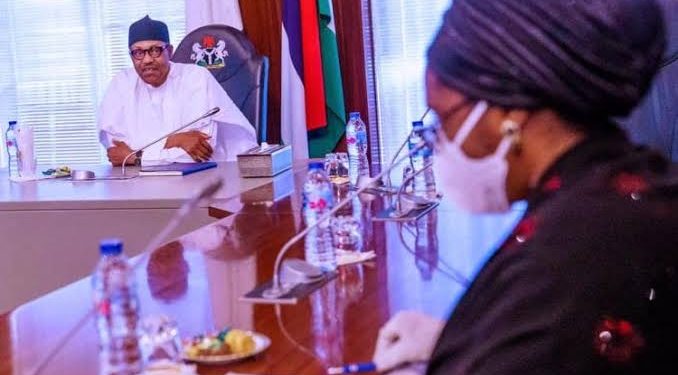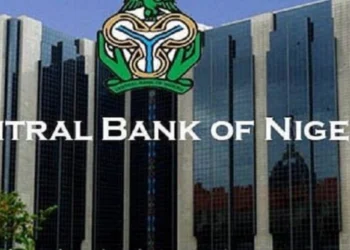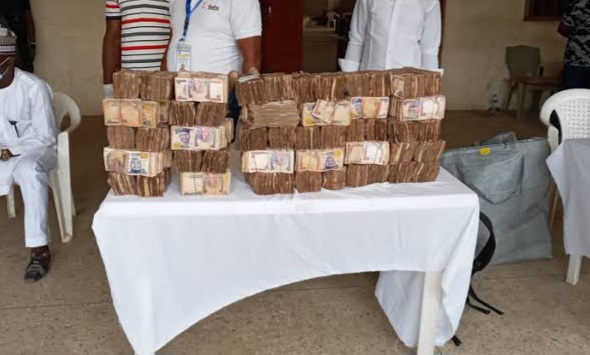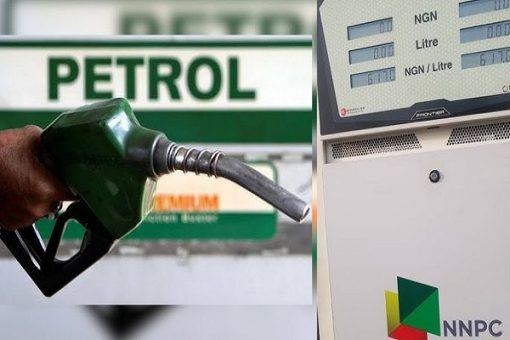The federal government says it has secured the sum of $800 million from the World Bank, as part of its post-subsidy palliative plans.
Zainab Ahmed, minister of finance, budget and national planning, disclosed this to state house journalists, after the federal executive council (FEC) meeting presided over by President Muhammadu Buhari.
Last year, following a N3.35 trillion petrol subsidy budget, the federal government said it would stop under-recovery payments in June 2023.
In 2022, subsidy or under-recovery cost the government the sum of N3.3 trillion in 11 month alone.
Advertisement
Ahmed, expressing the authority’s resolve on the matter, said the government is still working on ending the current subsidy regime in June.
She said engagements with the newly established presidential transition council (PTC) and the incoming administration have been initiated.
Ahmed also said the $800 million received from the World Bank will be disbursed to the 10 million households considered to be most vulnerable, to cushion the effect of the subsidy removal.
This is a commitment in the Petroleum Industry Act. There’s a provision that says that 18 months after the effectiveness of the PIA that all petroleum products must be deregulated, that 18 months takes us to June 2023,” the minister said.
“Also, when we were working on the 2023 medium-term expenditure framework and the appropriation act, we made that provision to enable us exit fuel subsidy by June 2023.
“We are on course, we’re having different stakeholder engagements, we’ve secured some funding from the World Bank, that is the first tranche of palliatives that will enable us give cash transfers to the most vulnerable in our society that have now been registered in a national social register.
“Today that register has a list of 10 million households. 10 million households is equivalent to about 50 million Nigerians.
“But we also have to raise more resources to enable us to do more than just the cash transfers and also in our engagements with the various stakeholders, the various kinds of tasks that we have go beyond the requirement of just giving cash transfers. Labour, for example, might be looking for mass transit for its members.
“So, there are several things that we are still planning and working on, some we can start executing quickly, some are more medium-term implementation.”
Speaking further on plans for the funds, Ahmed said the money is currently available for disbursement and concerned stakeholders are being engaged.
“$800 million for the scale up of the national social investment programme (NSIP) at the World Bank and it’s secured, it’s ready for this disbursement,” she added.
“We are currently engaging with all the stakeholders. We know that various plans are being considered, including the need for buses by the Labour, amongst several other palliative measures.”







